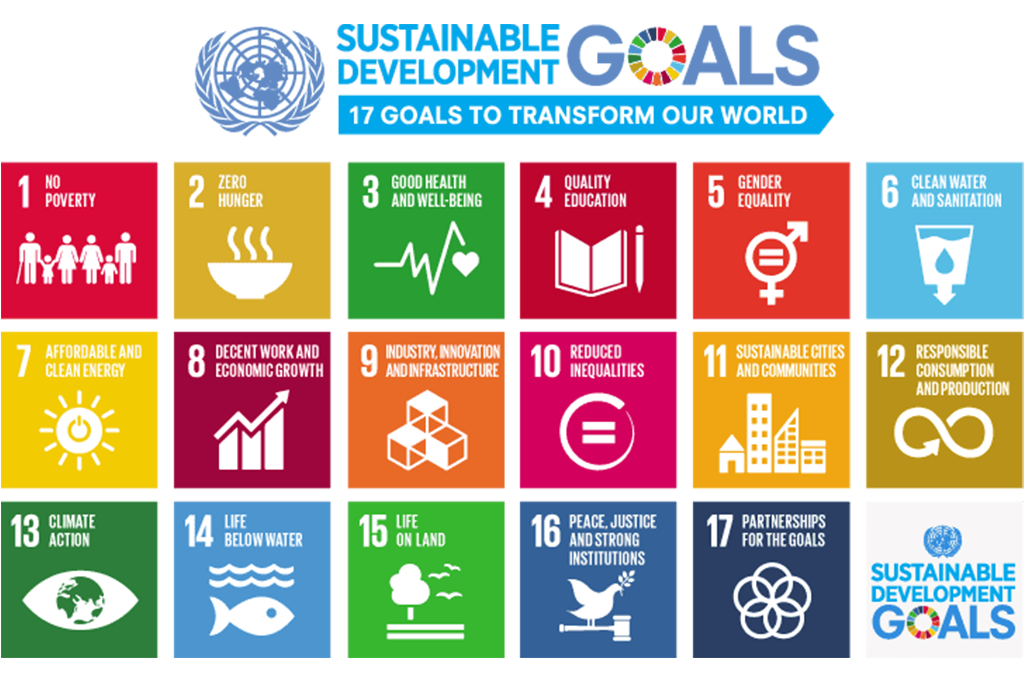The water-energy nexus illustrates the interconnectedness of two critical resources, where reducing water usage directly impacts energy conservation. Municipal water systems, agriculture, and industry all rely on energy to treat, transport, and utilize water, meaning that conservation strategies can yield significant energy savings.
Municipal Water Systems and Energy Demand
In municipal systems, water treatment and distribution are energy-intensive, with estimates suggesting that up to 13% of U.S. electricity use is attributed to water operations (Sanders & Webber, 2012). Studies show that reducing water consumption can have a noticeable effect on energy demand. For instance, low-flow appliances and smart irrigation in urban areas can reduce both water and energy usage by up to 20% (Thompson et al., 2017).
Agriculture and Efficient Irrigation
Agricultural irrigation consumes large amounts of both water and energy, especially in water-scarce areas reliant on groundwater pumping. Precision irrigation techniques like drip irrigation and soil moisture sensors have shown potential to reduce energy use by up to 30% (Zhang et al., 2018). Furthermore, integrating renewable energy sources, such as solar-powered irrigation, could address energy demands in rural areas, fostering sustainability (Burney et al., 2010).
Leak Prevention and Smart Technologies
Water loss due to leaks remains a significant issue, particularly in aging infrastructure. Implementing smart leak detection systems and IoT sensors could reduce water losses by up to 30%, which in turn reduces energy required for treatment and distribution (Pacific Institute, 2014). These technologies allow municipalities to target leak repairs efficiently, minimizing unnecessary energy usage and water waste.
Policy Implications and Solutions
The water-energy nexus underscores the importance of coordinated policy measures. Water pricing, subsidies for efficient irrigation, and incentives for renewable energy integration within water systems are vital for achieving sustainable conservation. Moving forward, further research on integrated water-energy frameworks can guide countries in aligning conservation goals with economic and environmental sustainability.








